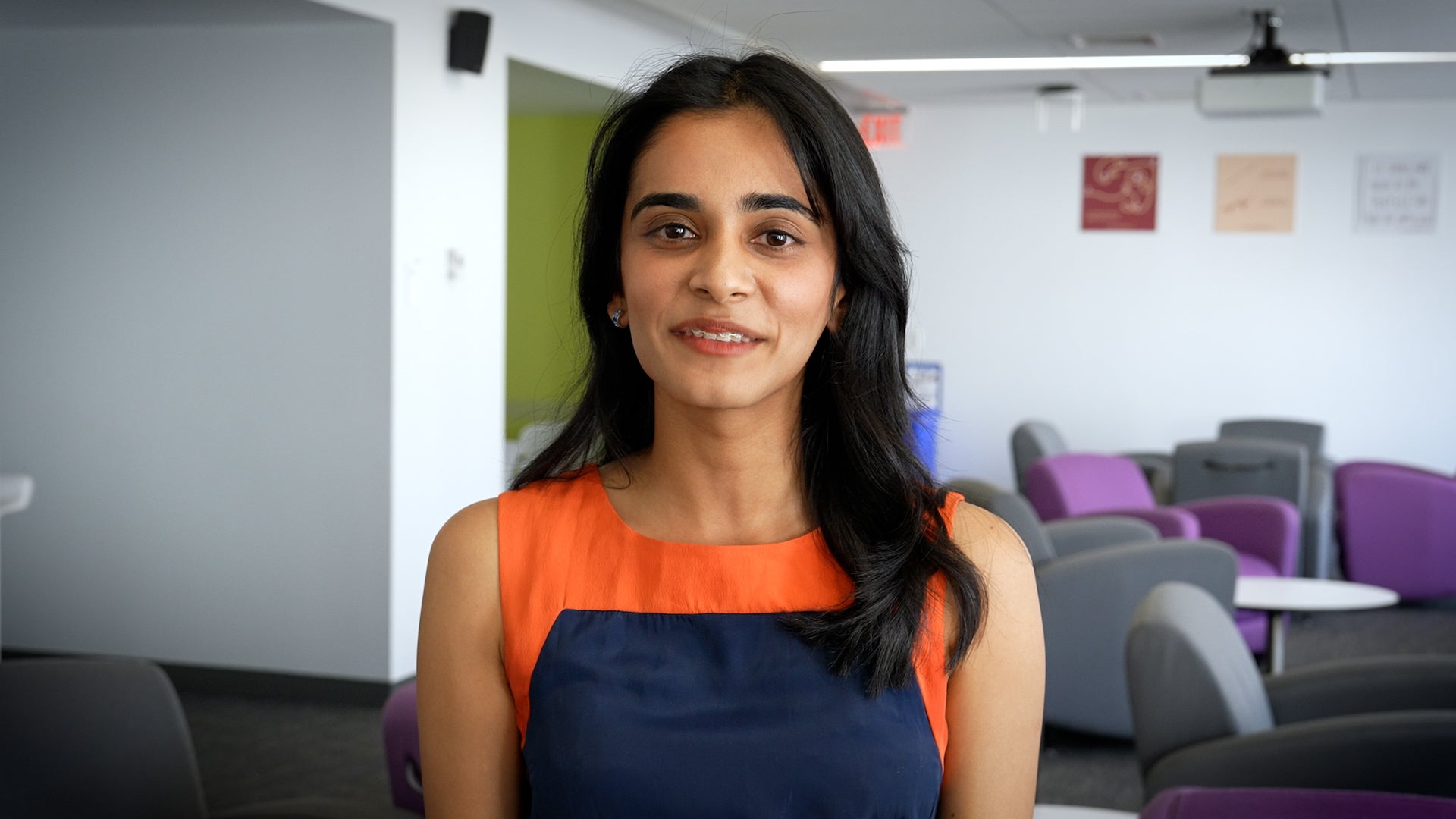Senior physicians may care for fewer patients with Medicaid and from racial/ethnic minorities than junior physicians

For immediate release: December 13, 2023
Boston, MA—Senior physicians may avoid seeing racial minorities and lower paying Medicaid-insured patients compared to junior physicians in the same practice, according to a new study led by Harvard T.H. Chan School of Public Health.
“It’s a widely known ‘secret’ that in some practices, the older doctors push patients with lower-paying insurance, and by extension patients of minority races to the more junior doctors in their clinic. But this is rarely discussed openly,” said lead author Michael Barnett, associate professor of health policy and management. “Our study finds evidence to back up this hidden practice, which raises concerns of a two-tiered system by physician seniority that promotes racial and economic segregation.”
The study was published on December 13, 2023, in JAMA Network Open.
The researchers used 2017 claims data from athenahealth and 2021 claims data from Medicare— representing over 134 million patients and nearly 200,000 physicians—to analyze the differences between patients seen by the most junior physicians versus patients seen by the most senior physicians. The researchers classified the physicians by practice type—cognitive (primary care or endocrinology, for example); procedural (any surgical or procedural specialty); or non-office-based (emergency medicine or radiology, for example)—and evaluated the patient panels within each group.
The study found gaps between the patient panels of junior and senior physicians in cognitive and procedural specialties, broken down by patient insurance type as well as race and ethnicity. Within the athenahealth data, senior cognitive physicians saw 1.6% fewer Medicaid patients and 1.2% fewer patients from racial/ethnic minorities compared to their junior counterparts; senior procedural physicians saw 2.9% fewer Medicaid patients and 1.7% fewer patients from racial/ethnic minorities. The same trends were observed in the Medicare data, validating that these findings were not a result of one particular data source. While the largest discrepancies were observed between procedural physicians, there were no significant discrepancies observed between non-office-based physicians, who do not see patients on scheduled visits.
The researchers said the lack of discrepancy in non-office-based physicians’ patient panels suggests that other specialties may exercise discretion in which patients are booked with whom. Cognitive and procedural specialists may be dissuaded by Medicaid’s lower reimbursement rates or higher administrative burden, and as such take on fewer of these patients. Since Medicaid patients are more likely to be racial and ethnic minorities, this could lead to racial disparities as well. The researchers noted that patient choice may also play a role in the gaps.
“It’s far from clear that senior physicians provide higher quality care than junior physicians,” Barnett said. “But in my experience as a primary care physician, many patients want to see a more experienced physician. Our study suggests that patients may encounter barriers on who they can see, even in the same practice, based on who they are and what insurance they can afford. Addressing these barriers and widening patient access to all kinds and levels of physicians is essential to a more equitable health care system.”
“Differences by Physician Seniority in Race and Ethnicity and Insurance Coverage of Treated Patients,” Hannah T. Neprash, David C. Chan, Ateev Mehrotra, Michael L. Barnett, JAMA Network Open, December 13, 2023, doi: 10.1001/jamanetworkopen.2023.47367
Visit the Harvard Chan School website for the latest news, press releases, and multimedia offerings.
Image: iStock/PeopleImages
For more information:
Maya Brownstein
mbrownstein@hsph.harvard.edu
###
Harvard T.H. Chan School of Public Health brings together dedicated experts from many disciplines to educate new generations of global health leaders and produce powerful ideas that improve the lives and health of people everywhere. As a community of leading scientists, educators, and students, we work together to take innovative ideas from the laboratory to people’s lives—not only making scientific breakthroughs, but also working to change individual behaviors, public policies, and health care practices. Each year, more than 400 faculty members at Harvard Chan School teach 1,000-plus full-time students from around the world and train thousands more through online and executive education courses. Founded in 1913 as the Harvard-MIT School of Health Officers, the School is recognized as America’s oldest professional training program in public health.


